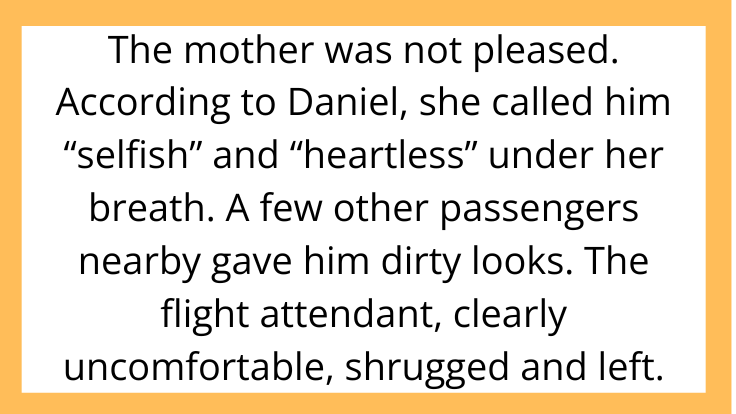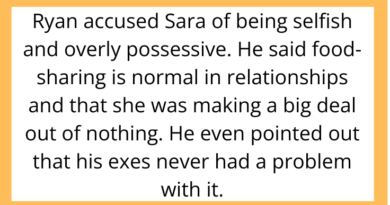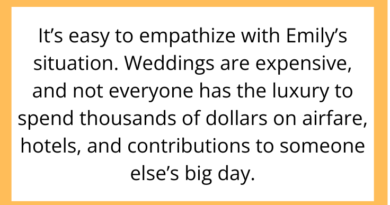AITAH for Not Giving Up My Seat in Business Class for a Kid?
When it comes to flying, most travelers would agree: if you’ve paid for a premium seat, you should get to enjoy it. But what happens when someone asks you to give up that seat—especially for a child?
In this AITAH scenario, a traveler finds themselves in a high-altitude moral dilemma that has the internet firmly split.
The Story: A Long Flight and an Unexpected Request
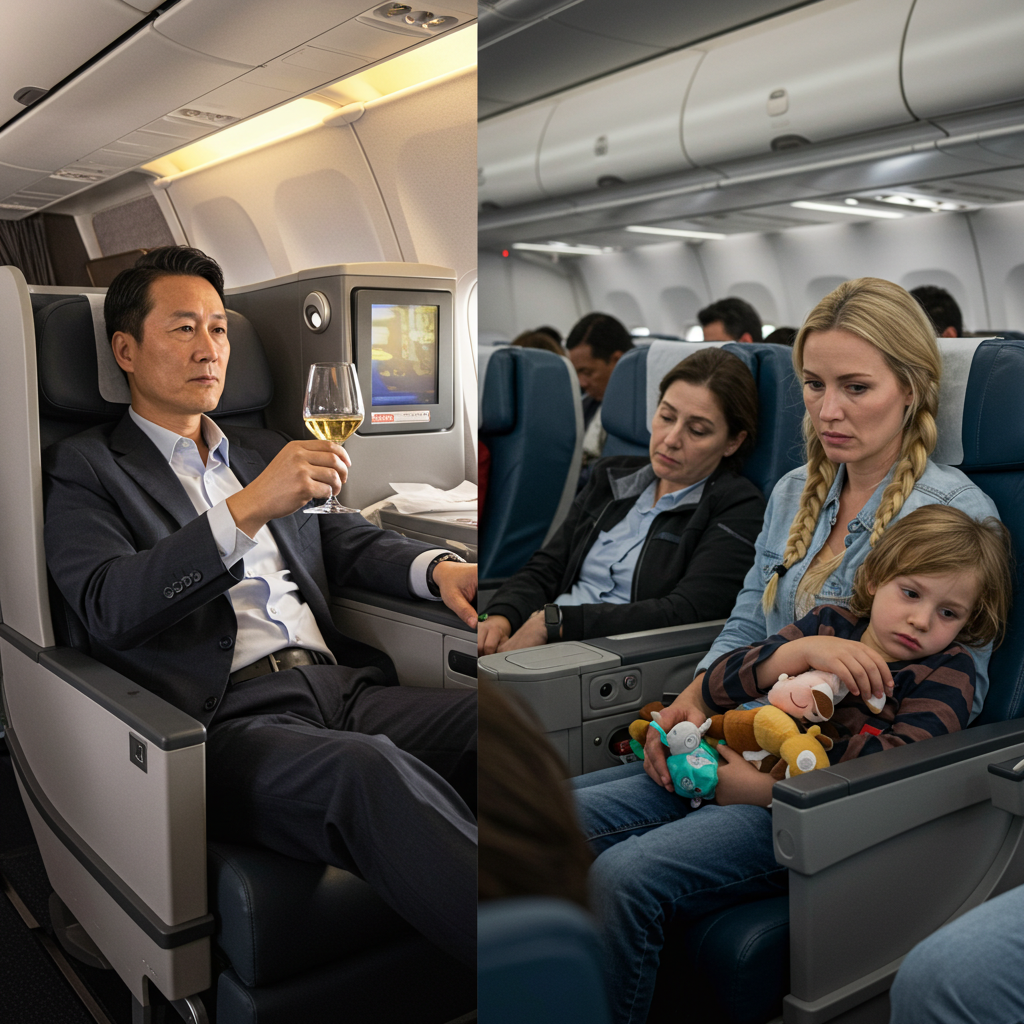
The original poster (we’ll call him Daniel), a 34-year-old frequent flyer, shared his recent experience on Reddit’s r/AITAH community. Daniel was traveling internationally for work. After years of saving up travel points, he finally cashed them in for a one-way upgrade to business class—a rare treat on a 12-hour flight.
As he settled into his spacious seat, a flight attendant approached him with a polite request. A woman sitting in economy was traveling with her 10-year-old son. They had been seated separately due to a booking error, and she asked if Daniel would be willing to trade seats so her son could sit with her.
Daniel’s response? A calm but firm no.
The Fallout: Glares, Whispers, and an Uncomfortable Flight
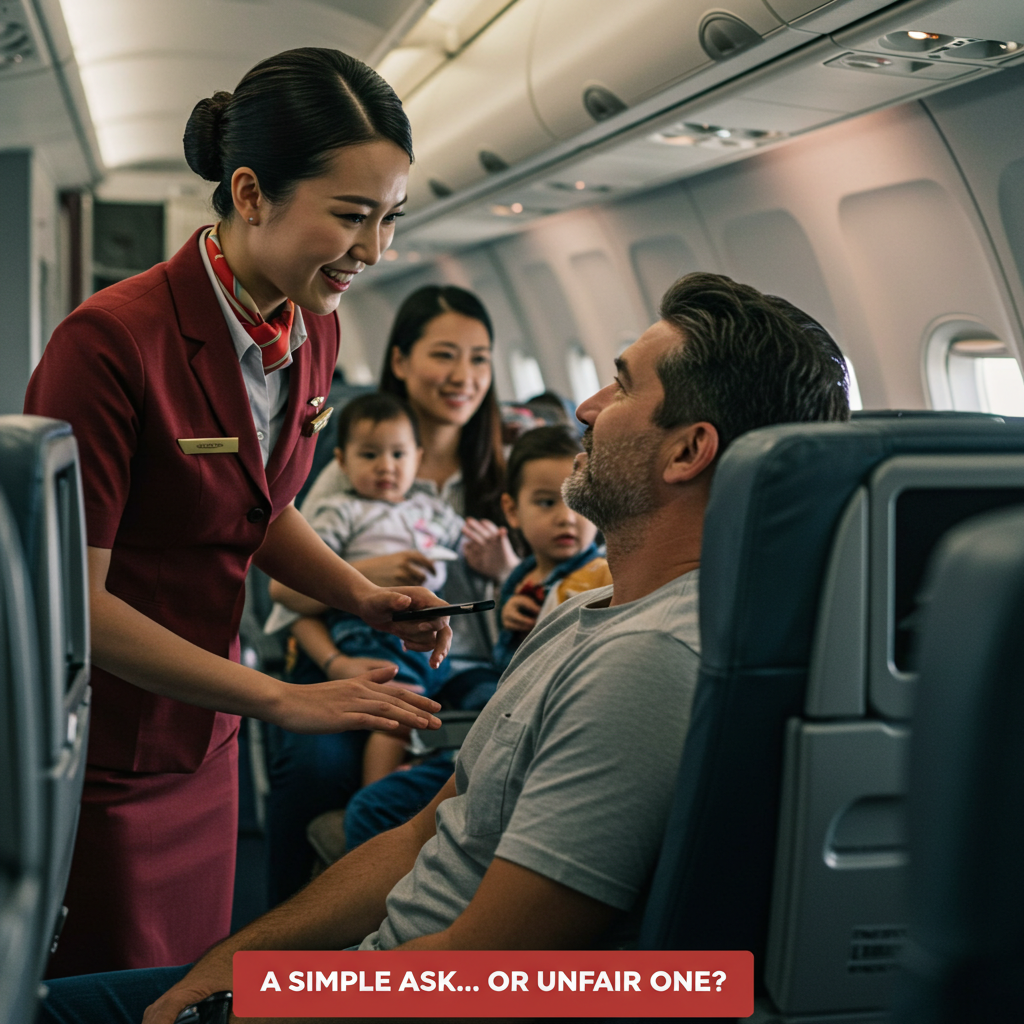
The mother was not pleased. According to Daniel, she called him “selfish” and “heartless” under her breath. A few other passengers nearby gave him dirty looks. The flight attendant, clearly uncomfortable, shrugged and left.
“I paid for this seat, I planned this months in advance, and I really needed to rest,” Daniel wrote. “I understand the kid might be scared, but I don’t see why I should be punished for that.”
Throughout the flight, Daniel said he could feel the tension and judgment from others—even though no one else offered to swap their seat either.
When he told his girlfriend the story later, she was shocked.
“You probably could’ve handled it better,” she told him. “It was just a kid.”
Now Daniel is questioning himself. Was he really the villain for saying no?
The Internet Responds: You’re Not the Travel Villain
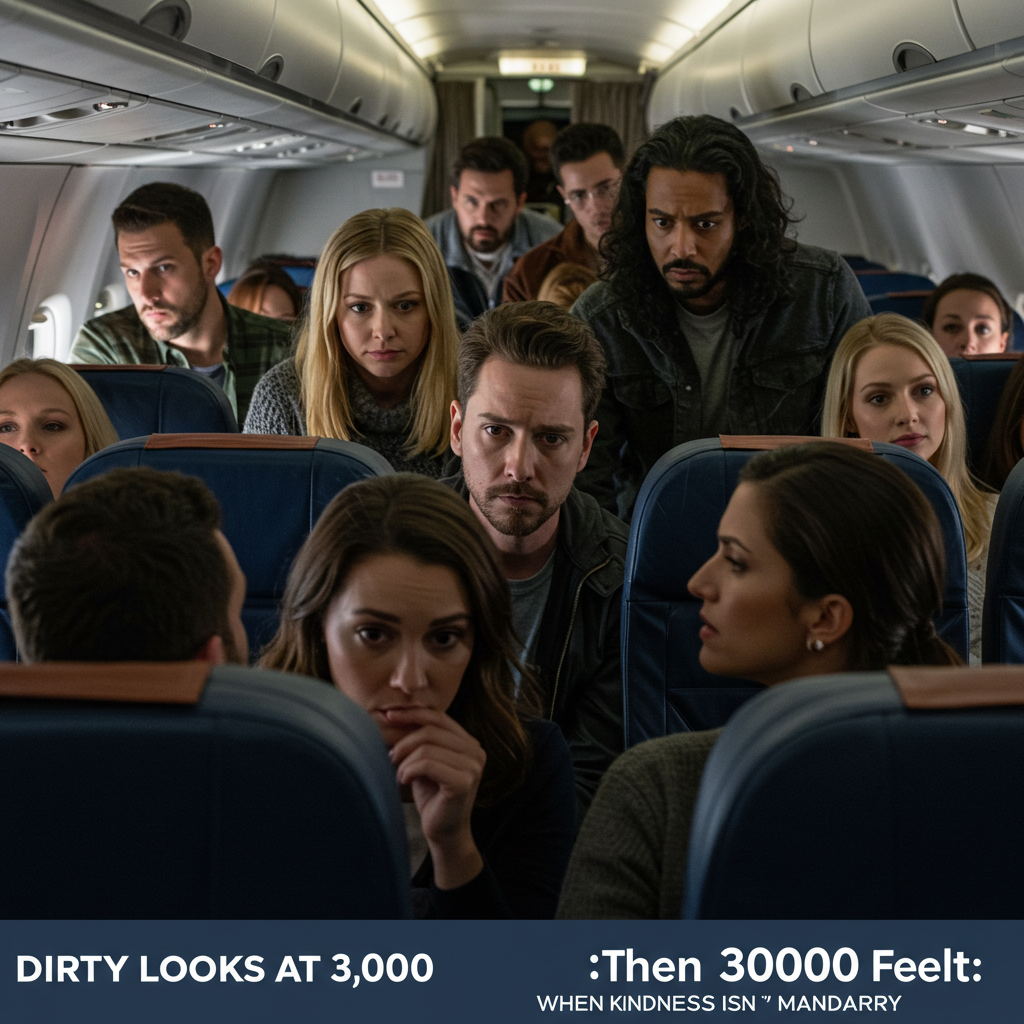
Reddit’s r/AITAH community had a lot to say—and most of them had Daniel’s back.
Why Daniel Wasn’t the Villain
-
He Paid for the Seat: Whether it was with money or miles, Daniel earned that upgrade. Giving it up isn’t a small favor—it’s a big ask.
-
The Airline’s Responsibility: If the family was separated due to a booking mistake, the airline should be the one to fix it—not another paying passenger.
-
Other Options Existed: Why didn’t the mother ask someone else in economy to trade? Or ask the flight crew to help?
One highly upvoted comment summed it up:
“You’re not obligated to downgrade your experience just because someone else has poor planning or bad luck.”
A Question of Courtesy vs. Obligation
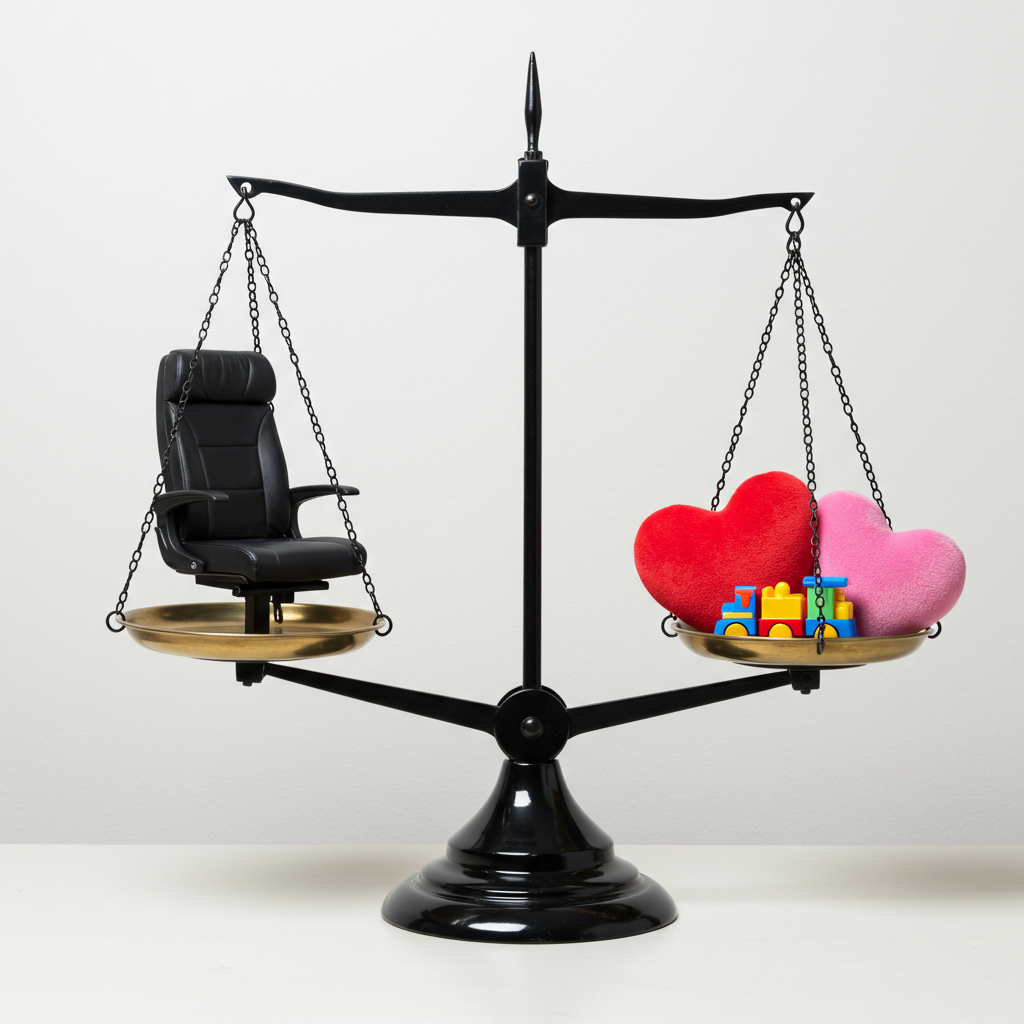
This story touches on a broader debate: where is the line between kindness and being taken advantage of?
Sure, giving up your seat for a kid might be a kind thing to do—but it’s not an obligation. Especially when the alternative is losing sleep, comfort, and value on a long-haul flight.
Daniel didn’t yell, wasn’t rude, and didn’t shame the woman. He simply said no.
What About the Child?

Some users did express sympathy for the child involved. Flying alone—even in the same cabin—can be stressful for a young kid. But that doesn’t mean every other passenger should rearrange their plans.
Also worth noting: the woman didn’t ask someone else to switch, nor did she offer Daniel her own seat in exchange. She wanted him to go back to economy while she and her son took his spot.
The Double Standard: Would People React the Same If It Was a Woman?

A few commenters raised an interesting point: would the reaction have been different if Daniel were a woman?
There’s often a social expectation that men should “suck it up” or be selfless in public settings. But in truth, the decision should be gender-neutral. If the roles were reversed, the conversation would likely be the same.
Final Thoughts: Boundaries Are Not Selfish

Daniel’s story is a reminder that it’s okay to say no—even when others don’t like it.
Being compassionate doesn’t mean always sacrificing your comfort or rights. It means weighing the situation thoughtfully and making a decision that you can live with.
In this case, Daniel chose self-care over social pressure. And that doesn’t make him a villain.
